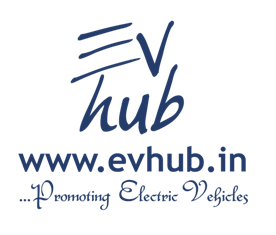The conference opened with an address from company Chairman Dr. Peter Harrop, who gave an overview of the present state and future of the EV industry.
First of all, despite how much we hear about vehicles like the Nissan Leaf and TeslaRoadster, Harrop pointed out that cars make up only about half the market for EVs. This will likely continue to be the case, with two-wheelers such as scooters and e-bikes constituting a significant portion of the other half. His company predicts that about 5 to 18 percent of cars will be pure electric or hybrid by 2020, and that the advent of technologies such as smart skins and energy-harvesting components will greatly enhance their performance – smart skin technology proposes that multi-layer materials making up the outside of the vehicle serve as its battery and/or photovoltaic system. Not all the new tech will be brand new, however... Harrop also spoke of a sense of déjà vu within the EV industry, in which some hundred-year-old ideas (such as wheel-mounted pancake motors) have been making a comeback.
Building the right kind of cars
Prof. Pietro Perlo, Senior Director at Research Center Fiat, hit upon a point that was echoed by other presenters. “A vehicle has to be born electrical,” he stated. “We used to say, ‘A vehicle has to be born smart,’ because if you’re born stupid, you can go to university, but at the end you remain stupid.” In other words, throwing an electric motor and battery pack in a car designed for a combustion engine is not the way to go. He said that such cars could take advantage of smart onboard photovoltaic systems, along with an “Internet of Energy,” that would link producers, suppliers and consumers of energy in an electronic smart grid system.
Read this news @ http://www.evhub.in/news/340#340

No comments:
Post a Comment